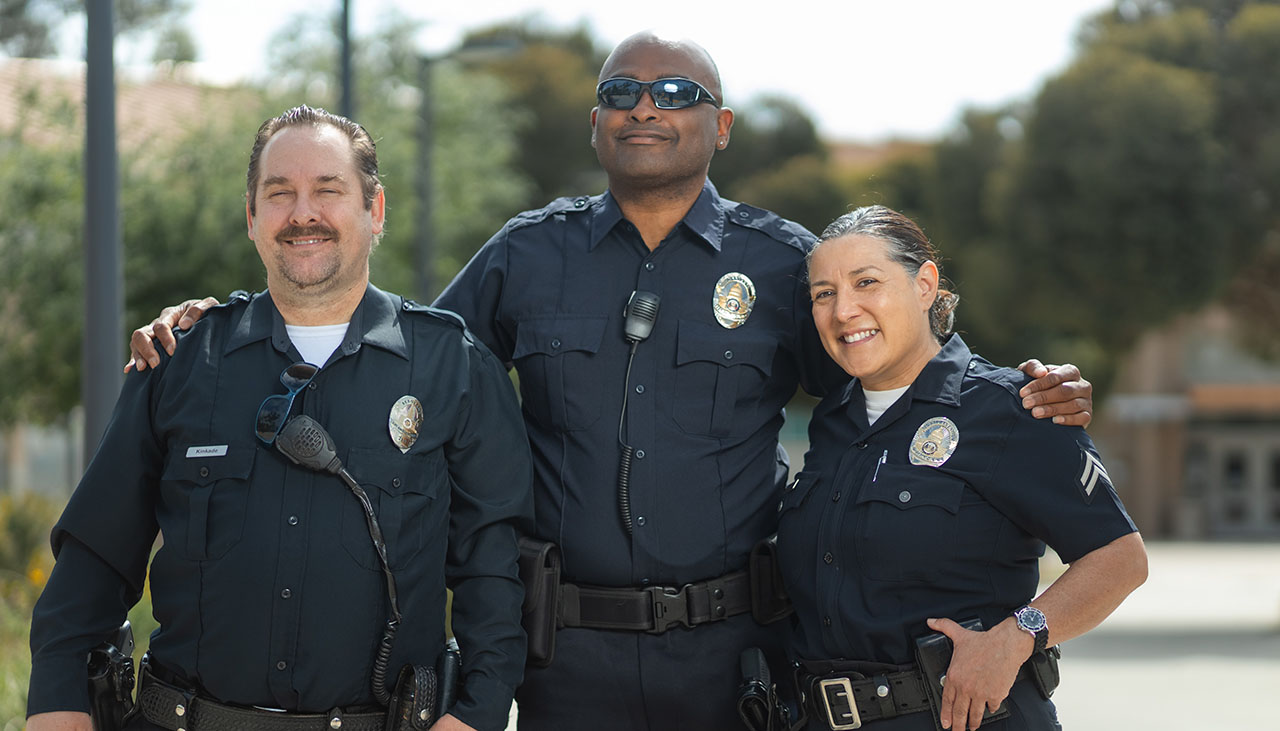It’s no secret that police-community relations have been extremely strained in recent years, especially between communities of color and law enforcement. With nationwide protests, calls for reforming the criminal justice system and reallocating resources to focus on mental health interventions instead of incarceration continuing to resonate across the country, it’s more important than ever to ensure that both sides of this debate are heard – from those in the community being policed as well as those serving within law enforcement agencies. In this blog post, we’ll discuss ways to help facilitate constructive dialogues and meaningful change towards rebuilding trust between these two oftentimes disparate factions.
Overview of the current state of police-community relations
Police-community relations have been deteriorating in many cities across America, as police officers are increasingly seen as a threat to civilians. This is due to mistrust of police officers and an increase in public scrutiny of law enforcement activities. For trust to be restored between law enforcement and citizens, both sides must work together toward mutual understanding and respect.
Strategies for improving trust between law enforcement and citizens
Trust can be built by recognizing the value of relationship building, using open communication channels, encouraging dialogue between community members and police officers, promoting positive interactions with citizens during official duties, developing more efficient systems for handling complaints about police conduct, providing transparency in decisions made by the department–and making sure that every citizen knows their rights and responsibilities.
Explanation of how police departments can benefit from better community relationships
Police departments can benefit from better community relationships in several ways. When citizens feel respected and heard, they are more likely to cooperate with law enforcement officers and provide needed information, which can lead to increased safety in the neighborhood and more successful investigations. Furthermore, when citizens have mutual trust in the police department, they may be less hesitant to report a crime or suspicious activity, which helps reduce criminal activity overall. Also, improved police-community relations help build public support for law enforcement initiatives that are beneficial for both sides–such as de-escalation techniques–and can also help decrease tensions between officers and civilians during tense times or protests.
Examples of successful initiatives to bridge the gap between police and civilians
To bridge the gap between police and citizens, many communities have launched initiatives such as town hall meetings, youth-led dialogues, community service projects, cultural exchanges, and even law enforcement camping trips. These programs aim to create a positive environment for open dialogue about police-community relations so that both sides can learn from each other’s perspectives.
Tips for building meaningful dialogue between police officers and citizens
When it comes to building meaningful dialogue between police officers and citizens, both parties need to be respectful of each other’s opinions and experiences. Additionally, it is essential that everyone involved listens actively and makes an effort to come together productively. To ensure that conversations remain civil, it is also important to set expectations for behavior from both sides and establish mutual ground rules before beginning dialogue.
Ideas for creating a safe, comfortable environment for conversations about police-community relations
Creating a safe, comfortable environment for conversations about police-community relations requires active engagement from both law enforcement officers and community members. Consider hosting the dialogue in places that are easily accessible and inviting – such as local schools or parks – so people feel more comfortable participating. Additionally, having facilitators who can keep conversations on track and help people contribute their perspectives can be beneficial. Finally, consider providing food or refreshments during discussions to help create a relaxed atmosphere. With the right strategies and a willingness to work together, it is possible to foster productive conversations that can help bridge the gap between police and civilians.
